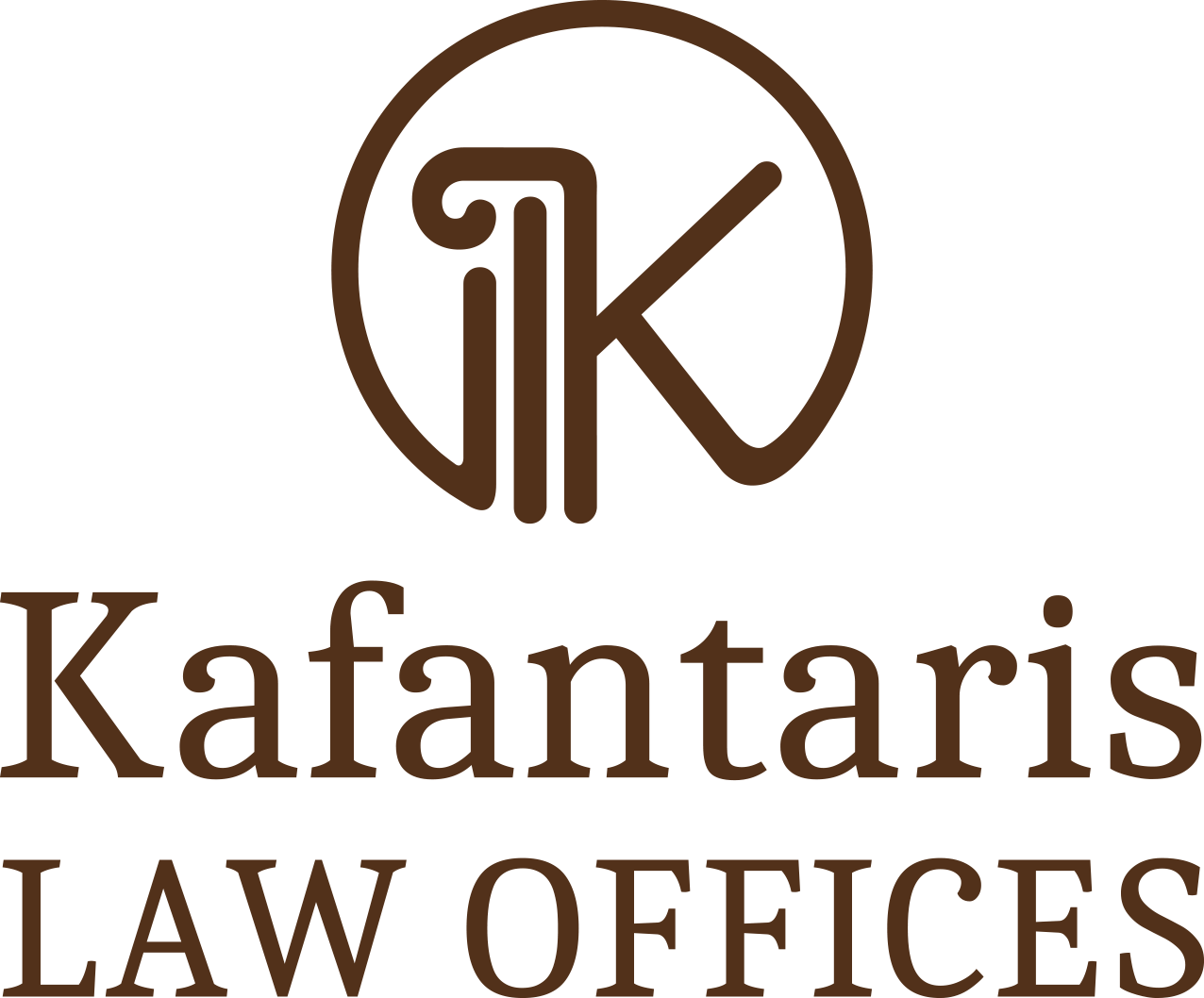Our offices haven’t changed in almost a century: law books; ornate desks; lamps and bookcases; plush leather chairs; nicely matted and framed diplomas; licenses and other notable achievements within the community all adorn our law office. To be sure, there have been technological advances such as typewriters, rotary telephones, the heavy IBM word processors, and even the punch card. In one fell swoop, the computer replaced typewriters, word processors, and punch cards; and wireless smart phones now take the place of wired telephones. The internet has connected them both and people across the globe can now communicate in ways never before imagined.
To be sure, technological breakthroughs are making an assault on this fundamental idea of “the office.” Indeed, it is progressing so fast that even wondrous things like the fax machine are now replaced by scanners; images of papers are now replacing paper copies; and online “cloud” storage is even replacing the old computer and the expensive office networks it is often linked to. Long gone are the days when an entire staff is consumed for hours looking for a document within Mr. Johnson’s file, or even the file itself. Now all the documents can be scanned at the outset – ready to be accessed from almost anywhere. Large documents or exhibits might not need to be printed even for court, if their location could be referenced to a public Dropbox folder or merely shown on an iPad device.
Cumulative developments in scanning, emailing, smart phones and iPads, and cloud computing now allow us for the first time – to truly work from anywhere, domestic or abroad. Mr. Johnson’s entire paper file can be scanned and accessed any time of day. Gone are the days of long term storage fees and file retrieval delays. The dilemma of client file storage and destruction is no longer an issue either, given the relatively inexpensive price of disk drive space.
True, many of these “breakthroughs” have been available to large scale law firms for years. But they are now available to everyone and for but a fraction of the cost. Technology is again proving to be the great equalizer for lawyers. A lavish network of servers and customized programs are not necessary to bridge the gap between home and office. Instead, a simple Dropbox account, a scanner and two laptops can achieve this purpose with ease.
Wireless access to our offices is not new but we use it more now in the paperless office to free us from the confines of our brick and mortar workplace. Armed now with an exact replica of our paper files and programs, we can have an office at home, in the next town, or even in our car. Indeed, with less drop-in distractions, we might even get more work done when “out of the office.” It will not go anywhere without us, and will be there for client meetings, depositions, and late work nights in the law library.
Before we rush to throw out cabinets and copying machines, there are some things to consider before implementing a paperless office
More Paper = More Time
We must first remember that the client might not be thrilled to see a place commonly associated with papers and documents suddenly devoid of them. Clients want to see papers and early firms have found that the more paper you give the client, the faster the bill gets paid. No problems here: we simply print and send the scanned documents we have on file. There is thus no need to have the actual paper cluttering your desk or taking dead space in file cabinets. After a while, a document could be accessed faster as an image than as a paper in a folder.
Of course, there are those clients who might think your desk a bit too clean for their comfort. After all, we are presumed to be busy lawyers and busy lawyers are those whose desks are overrun with paper. Right? This prolific expectation of paper can easily be explained away by discussing the office’s scanning policy at the outset. The client might even be impressed by the office’s commitment to technology and efficiency.
A more personal problem with going paperless is that we must also confront our love affair with the stuff. Paper is tangible and we are used to taking it with us as we walk from one place to another. When it becomes a scanned image, we need a screen or other device to see it. We cannot easily peruse through it in our briefcase while we are rushing to the courthouse or in the car. No fear; it is still accessible from a home computer or smart phone device. We could even enlarge it for easier reading.
The truth is we have grown accustomed to paper, and like our clients, it is something we need to shake off over time. After all, most of the information we get from the computer is paperless. We see and read it on the screen, and occasionally print it out for ourselves and others. Getting our information from the screen is convenient, easier and efficient. Anyone who has taken to browsing Yahoo News in the morning, for example, will agree that it is more flexible than reading several newspapers for the news of the day.
What about the prospect of others having access to our client files?
A fair question that is fundamental to the confidential nature of our profession. However, as secured as our paper files might be, nothing can be more format, with access restricted to a regular secured than a pdf file saved in an encrypted changing password of viable strength. Indeed, most file rooms have not changed their lock for years, and many people have access to the office itself and therefore to an unsecured computer or terminal.
If your are working on something. important and with sweeping impact, you are certainly above many of us, and even the old lock and key won’t keep it secret. However, if you are like the rest of us with typical client matters, there is no need to worry that some hacker will make it his business to spend a month to figure out a way to break into your files. Even if you are, keep them all in house at the office, with no internet access to the outside world. You can do all this, and still maintain a paperless office. Cloud computing is a convenience and secure enough for legal work. It is not a must, and one could carry it on a lap top, or on memory stick. Keep in mind, however, that these are easier to lose or misplace than long passwords.
And let us not forget the tendency that paper has to burn
Few of us want to consider what will happen to our paper in case of a fire. Indeed, even if the fire is in the next office, our files will be destroyed from the water in the mandatory sprinkler system. The water might also destroy the computers and disk drives. If the same image files are stored on the cloud, or in another office, restoring them is breeze. Indeed, all business could be done from outside the office without missing a beat.
All things considered, technological advances should be welcomed in the legal profession with open arms. Our business deals in information and the lawyer with quicker and better access to it has a leg up on his opponent, who might be going bananas looking for the Johnson file. And although change is tough, as with anything else, making a start is the hardest part. It is only prudent that we take that necessary step first.






